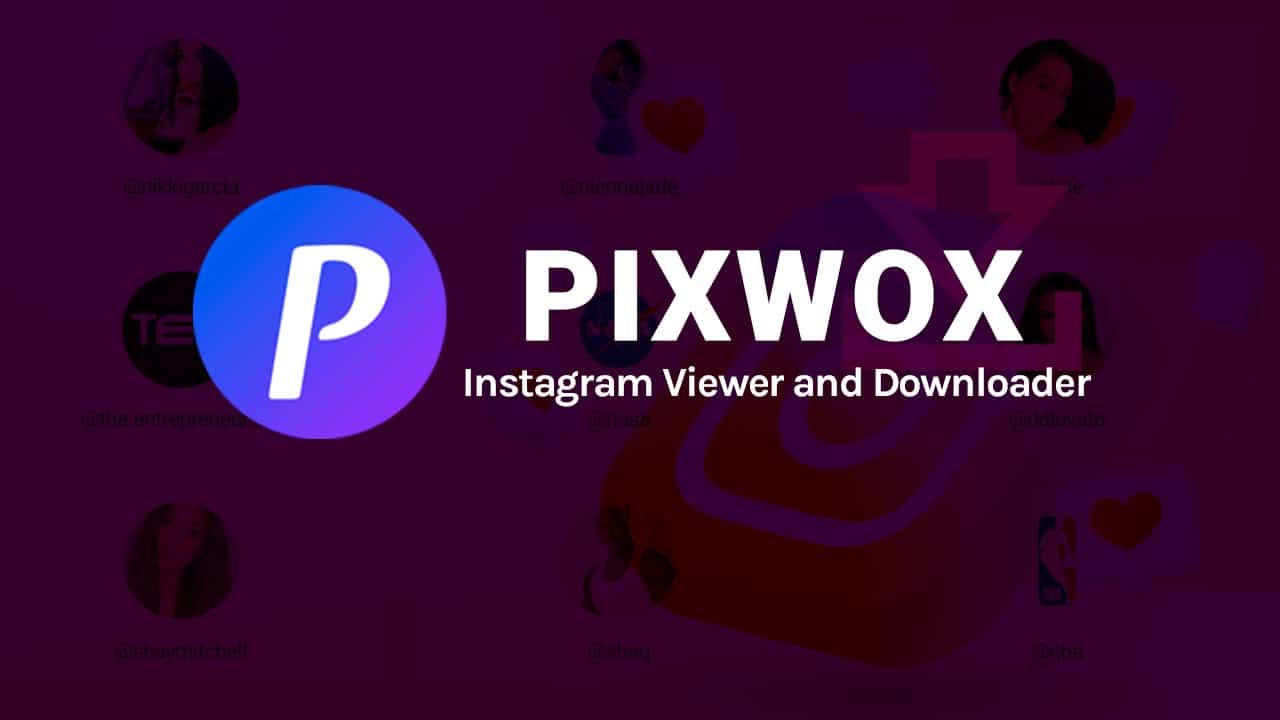When tasked to optimize your robust content library, it can be hard to see what to improve. With today’s standard of regular and frequent content production, the art of optimizing said content gets more complex. That’s why it’s a smart move to add content optimization tools to your repertoire. When researched and selected wisely, the investment in optimization tools can be a relatively small investment compared to their payoff.
1. Content Audit Software
When you’re deep into developing content, it can be hard to see what’s not working. This is especially true if you’ve taken on a website with existing content. There may be latent, ineffective content dragging your effectiveness down.
Content audit software can function as a superhuman brain that analyzes everything about your content. Where you might stare at your screen for hours, audit software can expand your team in a snap. Rather than spending hundreds of hours combing through your content and researching what’s getting the most clicks, the software can generate important insights within minutes.
With this type of tool, you can analyze the content you have and see what’s working. You’ll essentially get a playbook of how to improve your existing content and how to craft more effective pieces moving forward.
2. Grammar and Tone Detectors
You’ve got a message to get out, but are you sure that your words are resonating with your audience? In industries rife with complexity, it can be easy to overdo it with jargon and confusing phrasing. Even if you’re communicating with business peers, complexity is not always the most search engine-friendly.
Get a second set of digital eyes on your work by using grammar and tone detectors like Grammarly. Beyond an enhanced version of your Word spell check, this tool reviews your message delivery, too.
Use this plugin on your existing work to identify your current tone. If it’s not a match with your intent or content philosophy, play around with adjustments to make it fit. Include grammar and tone rules that your plugin can support within your editorial standards for the best benefit. If Grammarly doesn’t work for your team, there are plenty of writing tools to try.
3. Keyword Optimizers
The keywords that make sense to you as the creator and what resonates with your audience likely differ. And as you become more intimate with your subject matter, you can become a less reliable source of keywords.
Here’s where keyword optimizers come into play. These tech tools review the existing keywords you’re using against your site content and search. They’ll suggest improvements for keywords, comparing against links and keyword threads.
Say you’ve been using “email signature” as your keyword to drive content to your email signature marketing platform. This short keyword may be too simple to connect searchers with your software. A keyword optimizer tool can identify your current keyword’s efficacy and offer alternatives that may be a better fit.
4. Competitor Analysis
You may have been told not to compare yourself to others. But in business, you absolutely must do comparisons and analyze your competitors.
Beyond just Googling what your fiercest competitor is doing, you need to understand the how and where. Use competitor analysis tools to dig deep into peer keywords, links, and assets that you can use to improve.
Use what you’ve learned to determine what you can do better than your peers. Sometimes, this will show you that their product overview is trimmed, and you can build out a more useful library. Other times, there will be glaring content gaps that you can fill with value-added blogs and tutorials. The more you understand your competitor’s universe, the better you can differentiate your content for the better.
5. Backlink Builders
Backlinks can be tough, especially considering many content managers first specialize in words over tech. But that doesn’t eliminate the need for your backlinks to be optimized. Fill the gap in the traditional knowledge base and stay on the pulse of content marketing with backlink builders.
The goal of backlink building is to get more sites online to link back to yours. This build’s your website’s credibility with search engines like Google. Using your already optimized keywords, you can connect reputable third-party sites back to yours. The more frequently your link exists online, the higher you’ll rank within an organic search.
These backlink builders can identify new opportunities and spot backlinks that aren’t working. You’ll still need to commit to creating valuable and useful content, but the links you have online matter. The more credible links you have an online function as a vote of confidence that your content is good and worth sharing. Pair this type of tool with a solid content strategy, value-added editorial calendar, and other tools mentioned, and you’ll see your ranking soar.
Use Tech to Make Your Job Easier and Your Content More Effective
In an evolving industry that requires tech prowess and creativity, it can be hard to keep up. Equip your tech tool arsenal with content optimizers that help you produce the most effective content. Every well-researched addition can help you understand your existing content and how to improve moving forward. Cross-train your team on each tool, and work with your reps to ensure you’re using each tool to its fullest potential. When you do, you’ll create optimized content that drives your business goals.







































